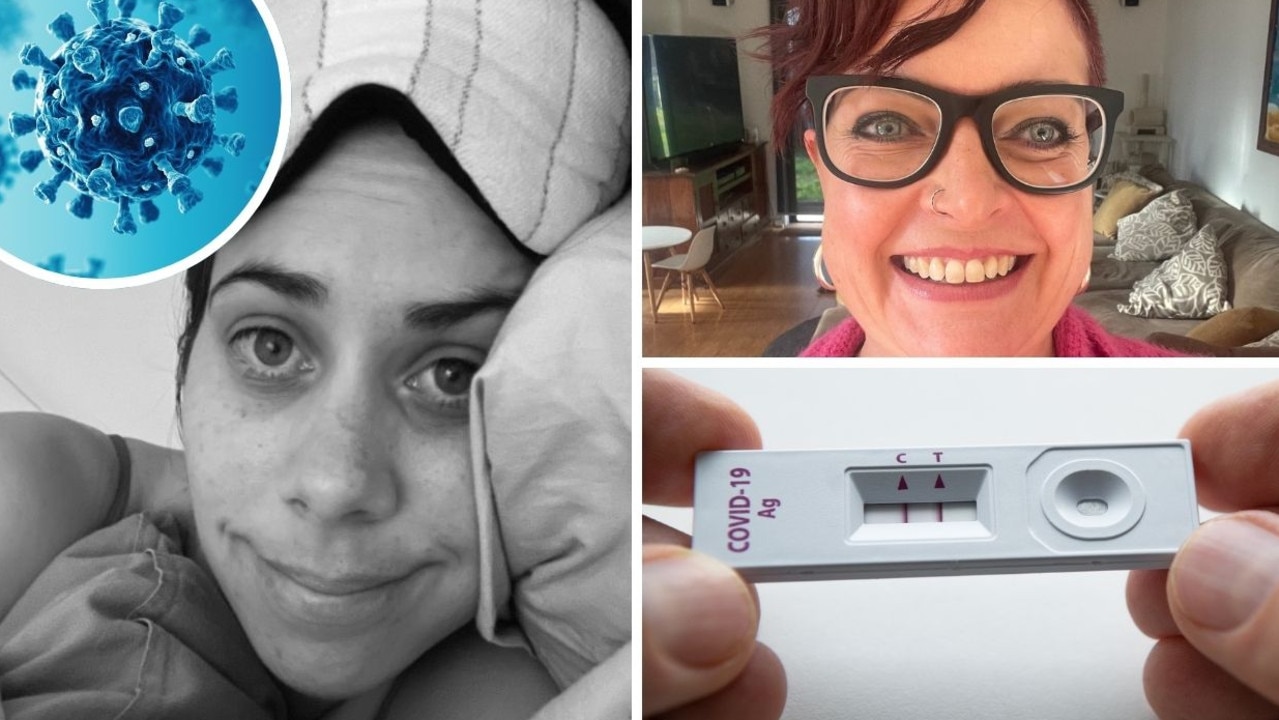New Omicron subvariant XBB.1.5 is detected in Australia
A highly transmissible Covid subvariant has been detected in Australia, as a health expert reveals the level of risk it poses to the community.
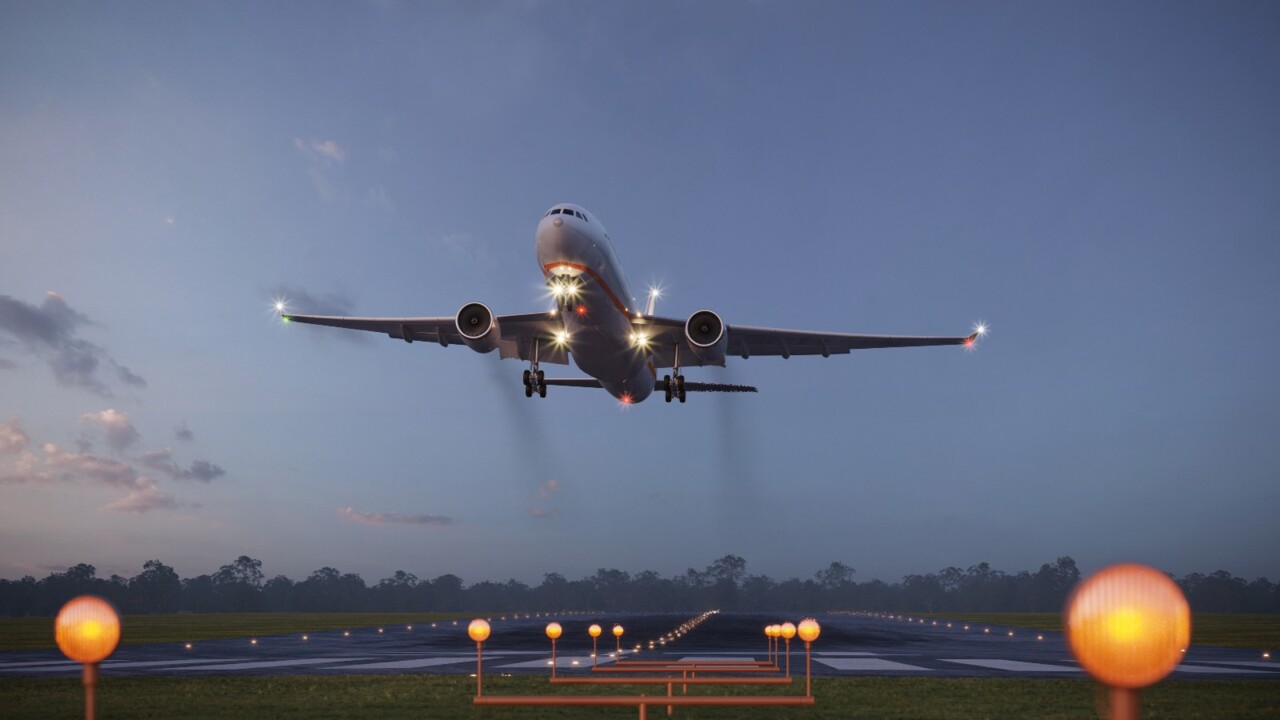
Coronavirus
Don't miss out on the headlines from Coronavirus. Followed categories will be added to My News.
An Omicron subvariant that has been tearing through parts of the United States was detected in Australia just before Christmas, health authorities have confirmed.
The highly transmissible XBB. 1.5 subvariant, which has been dubbed “The Kraken”, was detected in small numbers in the two weeks to December 24, NSW Health said on Thursday.
There is no evidence the subvariant causes more severe symptoms than the original Omicron Covid strain, but it is reportedly behind more than 40 per cent of new Covid cases in the US.
Data from NSW Health’s two-week Covid summary released on Thursday showed Covid cases had decreased 40 per cent in the week to December 31. Positive cases amounted to 22,281 compared to 37,371 in the previous week to December 24.
The BR. 2 Omicron subvariant was the most common source of infection, but XBB. 1.5 had been detected, a statement said.
Infectious diseases expert Professor Robert Booy told Sky News existing vaccination levels and natural immunity meant the subvariant would not be a major risk to the community.
“Our vaccines probably do protect against it and we shouldn’t be overly concerned although I’ve called it ‘extra bad boy’ - it’s just a way of remembering the name XBB.1.5,” he said.
“It’s more transmissible, it’s more active, young and able to get around but it’s not more severe it’s not more virulent, it’s not more likely to put you in hospital.”
COVID TESTS ‘NO BARRIER’ FOR CHINESE TRAVELLERS
Travellers from China will need to submit evidence that they have a negative Covid test under a new rule coming into effect from midnight on January 5.
The testing requirement imposed on Chinese travellers coming to Australia hasn’t yet posed any barriers on travel, the federal Health Minister said.
Mark Butler said several flights from China, Hong Kong and Macau had touched down on Aussie soil on Thursday morning for the first time since the pre-travel testing measure came into effect.
“It has proved to be no barrier to the resumption of travel between China and Australia,” he said.
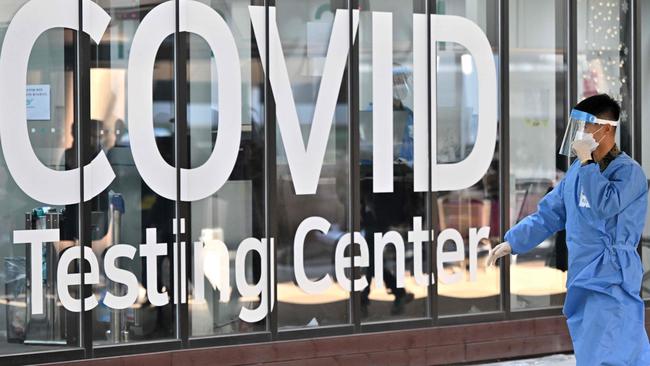
Mr Butler said there had also been no issues identified with compliance since the rule came into effect.
But he said it was too early to determine how many Chinese travellers may have decided not to travel to Australia because of the rule.
“There aren’t many significant destinations that you’d be flying to from China that don’t require this pre-department testing arrangement,” he said.
Mr Butler also defended his decision to go against the advice of the chief medical officer, Professor Paul Kelly, by implementing the rule.
He said the “modest” and “sensible” measure was taken out of an “abundance of caution” and highlighted that other countries had also implemented similar action.
“We want these measures to be temporary,” he said.
“It is a modest requirement to have a PCR or a supervised rapid antigen test.
“What it will do is provide us a high level of confidence of the level of transmission of Covid from that country.”
WHO SLAMS CHINA OVER COVID
A senior official at the World Health Organisation (WHO) has criticised China’s “very narrow” definition of Covid-related deaths and believes they’re data isn’t showing the true impact of the outbreak in the country.
WHO’s emergencies chief Dr Mike Ryan said they were concerned about the surge in Covid infections in China, just days after they met with Chinese scientists over the accuracy of their data.
“We know there are difficulties in all countries very often in recording hospital releases, admissions and use of ICU facilities,” Dr Ryan said.
“We believe that the current numbers being published from China underrepresent the true impact of the disease, in terms of ICU admissions and particularly in terms of deaths.”
Dr Ryan’s remarks come as more countries impose travel restrictions on visitors from China in the wake of a steep rise in Covid infections in the country.
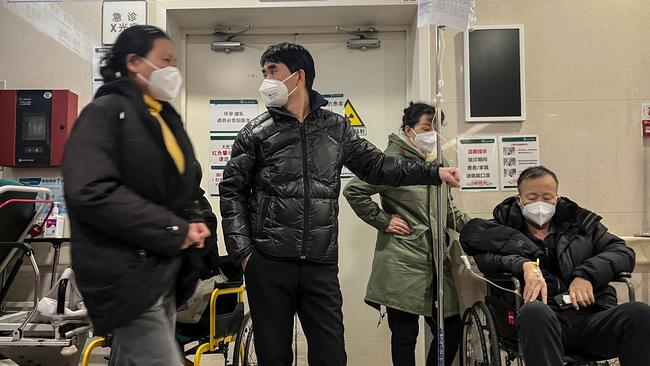
Beijing’s hospitals and crematoriums are overwhelmed since last month after they abruptly lifted more than three years of hard line restrictions.
A senior doctor at one of Shanghai’s top hospitals said 70 per cent of the megacity’s population may have now been infected with Covid-19, state media reported on Tuesday.
International health experts have predicted at least one million Covid-related deaths in China this year if no urgent action is taken.
However, despite the grim predictions, China has only recorded 22 Covid deaths since December and has dramatically narrowed the criteria for classifying such fatalities.
It counts only those cases that involve Covid-caused pneumonia or respiratory failure – meaning that Beijing’s own statistics about the unprecedented wave are now widely seen as not reflecting reality.
On Thursday, the UN agency will meet Chinese scientists again as part of a wider briefing among member states on the global Covid situation.
Meanwhile, in a briefing earlier on Wednesday, WHO Director-General Tedros Adhanom Ghebreyesus reiterated that the agency is “concerned” about the surge in infections in China, urging Beijing again to deliver rapid and regular data on hospitalisations and deaths, as well as real-time viral sequencing.
“WHO is concerned about the risk to life in China and has reiterated the importance of vaccination, including booster doses to protect against hospitalisation, severe disease and death,” he said.
RESTRICTIONS ON TRAVELLERS
Australians will now need to take a PCR test before travelling to China when its borders reopen next week after Beijing said it was prepared to retaliate against countries imposing restrictions.
However, Australian Strategic Policy Institute senior fellow Peter Jennings said he wasn’t surprised about the “double standards” coming from China.
“That is very much how they operate, it is always to shift the blame on to another country,” Mr Jennings told The Australian.
“We shouldn’t be taking any notice of it.”
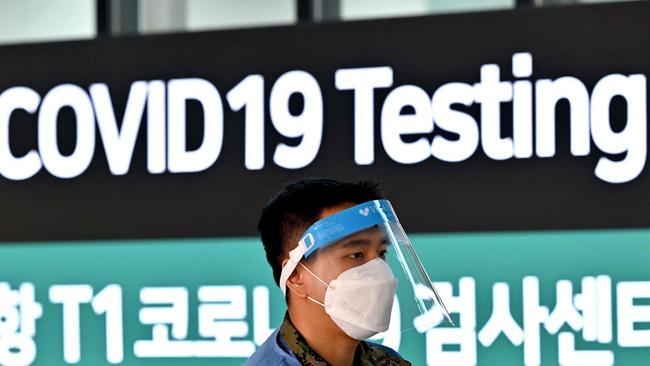
It comes as more than a dozen countries – including Australia, the US, UK, France, India, and Canada – have imposed preflight testing and screening measures on travellers from a China experiencing an unprecedented Covid wave.
The Albanese government will introduce tough new measures for passengers from China “out of an abundance of caution”.




